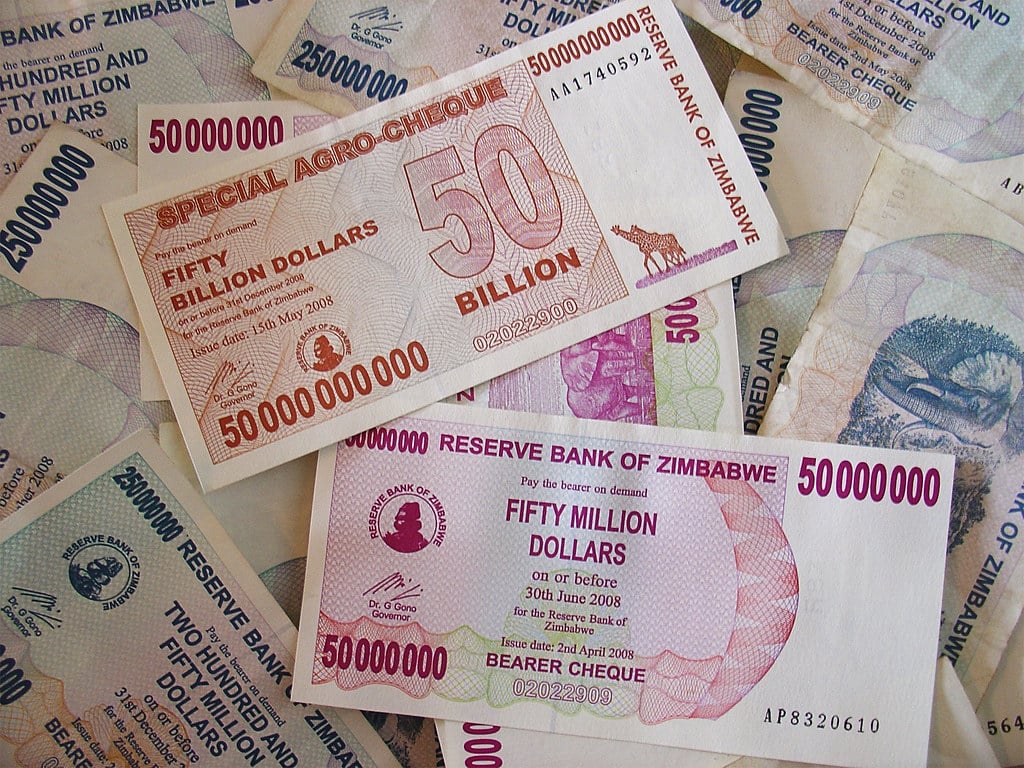The Central Bank of Zimbabwe said on Friday that Zimbabwe will launch a digital currency next month by issuing “tokens” backed by gold reserves that can be transferred between people and businesses as a means of payment.

The Bahamas, Jamaica and Nigeria have already launched central bank-backed digital currencies, and several other countries, including China, are conducting test projects.
In Zimbabwe, the new token will be fully backed by physical gold held by banks and will be issued on March 8th.
People can buy tokens and use them to save money or make person-to-person and person-to-business transactions and payments. People will be able to buy tokens through banks and make transactions using e-gold wallets or e-gold cards held by banks, The Reserve Bank of Zimbabwe Gov. John Mangudya said.
Confidence in Zimbabwe’s currency was hopelessly low after hyperinflation in 2008 wiped out people’s savings. Near the world record, he reached 5 billion percent, according to the International Monetary Fund.
Confidence in the Zimbabwean dollar is so low that many retailers and even some government agencies do not accept the Zimbabwean dollar. On the official market, the exchange rate is just over 1,000 Zimbabwean dollars to the US dollar.
In July 2022, we introduced gold coins as legal tender to stabilize the local currency.
The issuance of the digital currency will allow people with small amounts of money to trade it, “so that no one is left behind,” Mangdia told Zimbabwean newspaper The Sunday Mail over the weekend.
The international gold price set by the London Bullion Market Association will dictate the local price of the token, Mangudya said.
More than 80% of his global central banks are considering or have already issued digital currencies, consulting firm PwC said in a report last year.





